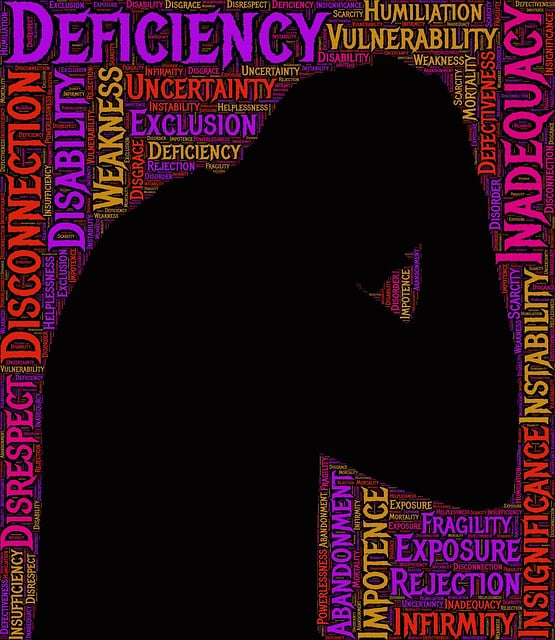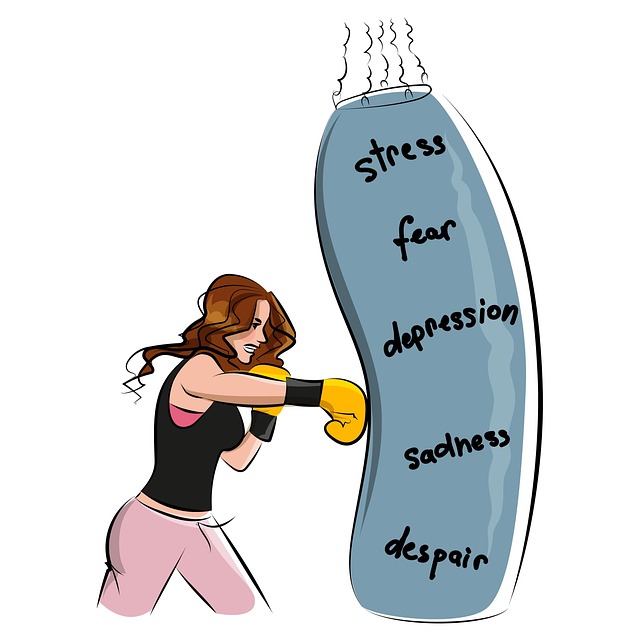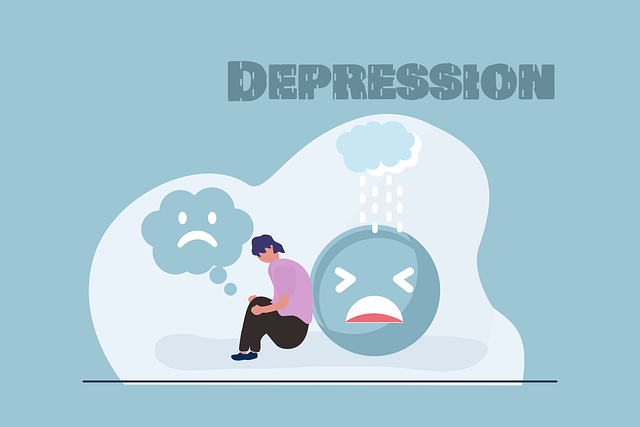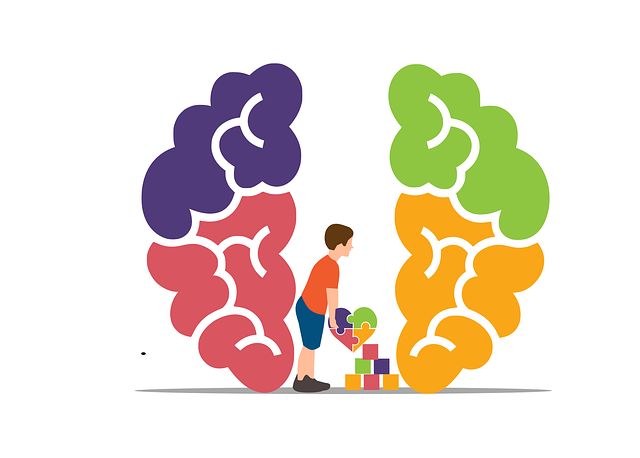In Colorado Springs, where drug abuse therapy is readily available, coping skills are vital for recovery. Through therapy, clients learn healthier ways to manage emotions and cravings, avoiding triggers like isolation or substance use. This involves emotional intelligence and safe, supportive environments tailored through policy analysis and cultural competency training. By prioritizing these skills, individuals uncover maladaptive mechanisms, adopt healthier alternatives (e.g., exercise, meditation), improve self-esteem, reduce stress, and achieve long-term recovery, without relying on harmful substances. Key strategies include compassion cultivation, mindfulness, and recognizing emotional triggers, fostering resilience and deeper connections in Colorado Springs' supportive mental health landscape.
In the heart of Colorado Springs, addressing drug abuse goes beyond treatment; it involves equipping individuals with essential coping skills for lasting recovery. This article delves into the significance of coping mechanisms in substance abuse therapy, guiding readers through a journey of self-discovery. We explore personal coping strategies, offer effective techniques, and provide insights on integrating healthy habits daily. By understanding and harnessing these tools, Colorado Springs residents can navigate challenges, foster resilience, and sustain their path to recovery.
- Understanding Coping Skills and Their Significance in Drug Abuse Recovery
- Identifying Personal Coping Mechanisms: A Journey to Self-Awareness
- Effective Strategies for Developing Healthy Coping Skills
- Integrating Coping Techniques into Daily Life: Sustaining Long-Term Recovery in Colorado Springs
Understanding Coping Skills and Their Significance in Drug Abuse Recovery

Coping skills are essential strategies that individuals use to navigate and manage stressful situations, emotions, and challenges. In the context of drug abuse recovery, especially in Colorado Springs drug abuse-substance abuse therapy settings, understanding and developing effective coping mechanisms can significantly impact long-term success. Many people struggling with substance abuse have learned to cope with difficult circumstances through unhealthy means, such as self-medication or avoidance.
During therapy, clients are encouraged to identify and adopt healthier coping skills to better regulate emotions, reduce cravings, and manage triggers. Emotional intelligence plays a pivotal role here, helping individuals recognize their feelings and understand the underlying causes of their behaviors. Through Mental Health Policy Analysis and Advocacy, healthcare providers can ensure that therapeutic approaches address these coping skill gaps, offering tailored support for each client’s unique needs. This holistic approach, coupled with Healthcare Provider Cultural Competency Training, enables professionals to deliver effective care, fostering a safe and supportive environment essential for recovery.
Identifying Personal Coping Mechanisms: A Journey to Self-Awareness

In the journey towards recovery and personal growth, identifying one’s unique coping mechanisms is a pivotal step. This process begins with introspection, allowing individuals to explore their thoughts, feelings, and behaviors in response to stressful situations or challenges. By paying attention to these patterns, one can uncover both adaptive and maladaptive coping strategies that have been developed over time. In Colorado Springs, where substance abuse therapy is readily accessible, understanding personal coping mechanisms becomes a powerful tool for navigating life’s hurdles without resorting to harmful substances.
Self-awareness plays a crucial role in this transformation as it enables individuals to recognize when they might rely on unhealthy coping methods. For instance, some may find solace in isolation or excessive substance use during times of stress. However, with continued therapy and self-reflection, one can learn to identify these triggers and replace them with healthier alternatives such as exercise, meditation, or engaging in a community outreach program implementation designed to promote emotional well-being. This shift fosters better management of emotions, leading to improved self-esteem and overall life satisfaction.
Effective Strategies for Developing Healthy Coping Skills

Developing healthy coping skills is a vital component of overall well-being, especially for those recovering from substance abuse like Colorado Springs drug abuse. Effective strategies can help individuals navigate life’s challenges and maintain their mental health. One powerful approach is incorporating compassion cultivation practices into daily routines. This involves fostering self-compassion and extending kindness towards oneself and others, which can significantly enhance resilience and reduce stress.
Additionally, Self-Awareness Exercises play a crucial role in coping skill development. Mindfulness meditation and journaling are excellent tools to increase awareness of thoughts, emotions, and physical sensations. By understanding one’s triggers and emotional patterns, individuals can implement healthier responses and make more informed decisions. Cultural Sensitivity in Mental Healthcare Practice is also essential, ensuring that coping strategies are tailored to an individual’s unique cultural background, thereby improving treatment effectiveness and fostering a deeper connection between client and therapist.
Integrating Coping Techniques into Daily Life: Sustaining Long-Term Recovery in Colorado Springs

In the pursuit of long-term recovery from drug abuse or substance use disorders, integrating coping techniques into daily life is paramount for sustained success. Colorado Springs, a vibrant city known for its stunning landscapes and mental health initiatives, offers a supportive environment for individuals seeking to build resilience. Through various therapeutic programs and support groups, those in recovery can learn and practice effective coping strategies tailored to their unique challenges. One such approach gaining traction is compassion cultivation practices, which encourage empathy and understanding towards oneself and others, fostering a sense of connection that strengthens the recovery journey.
Mental health awareness plays a crucial role in this process, as recognizing emotional triggers and developing healthy coping mechanisms helps prevent relapse. Mindfulness meditation, for instance, has been shown to reduce stress and anxiety, enabling individuals to navigate life’s challenges with greater clarity and composure. By seamlessly integrating these practices into daily routines, Colorado Springs residents can cultivate a profound sense of inner peace and resilience, paving the way for sustained recovery and improved overall well-being.
Coping skills development is a vital component of overcoming drug abuse and sustaining long-term recovery, especially in vibrant communities like Colorado Springs. By understanding personal coping mechanisms and adopting effective strategies, individuals can navigate life’s challenges without resorting to substance abuse. Integrating healthy coping techniques into daily routines enables folks in Colorado Springs to foster resilience and lead fulfilling lives free from the shackles of drug abuse and its associated enigma. This journey towards self-awareness and recovery is a testament to the power of personal growth and community support.














